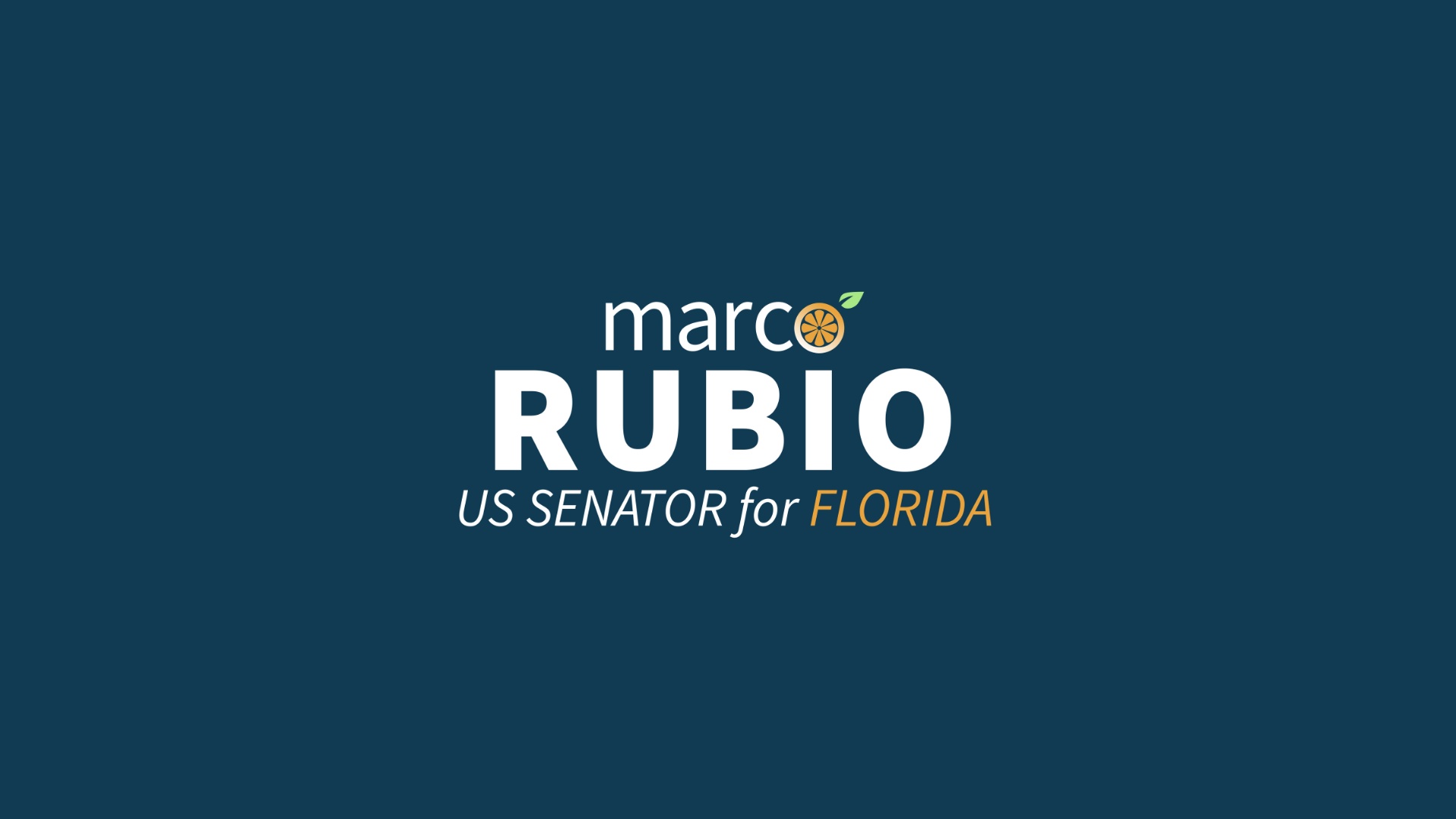Source: United States Senator for Florida Marco Rubio
Washington, D.C. — U.S. Senators Marco Rubio (R-FL), Bill Hagerty (R-TN), and Republican colleagues introduced the Stop the Nosy Obsession with Online Payments (SNOOP) Act. The bill would undo a provision included by the Biden Administration in the American Rescue Plan (ARP) that requires third-party payment platforms to report businesses’ gross transaction volumes totaling more than $600 to the Internal Revenue Service (IRS).
Prior to the ARP, payment providers were only required to report information when a payee had over 200 commercial transactions per year that exceeded $20,000. As a result of the new provision, thousands of small businesses will have to fill out 1099-Ks to provide their personal information to the IRS, despite the IRS’ poor history of safeguarding Americans’ personal data.
“The Biden Administration’s total disregard for privacy has to be stopped,” Rubio said. “There is no reason that the IRS should be putting Americans’ confidential transactions under a microscope. I will continue to fight for taxpayer privacy and push back against this gross overreach of federal power.”
“The Biden Administration is relentless in their attempt to invade the privacy of Americans’ lives and finances,” Hagerty said. “It is regrettable that this Administration insists on advancing their perilous and oppressive political agenda to the detriment of taxpayers’ privacy, heedless of their failed track record of protecting Americans’ confidential data. It is past time we stand up for our small business owners and say ‘no more snooping’ to this Administration’s egregious and unwarranted overreach.”
Click here for a full list of quotes from cosponsors.
Last year, Rubio joined several of his Republican colleagues in introducing the Prohibiting IRS Financial Surveillance Act, a bill to prevent the IRS from implementing Democrats’ plan to give the agency access to transaction information of virtually every American.
Background:
